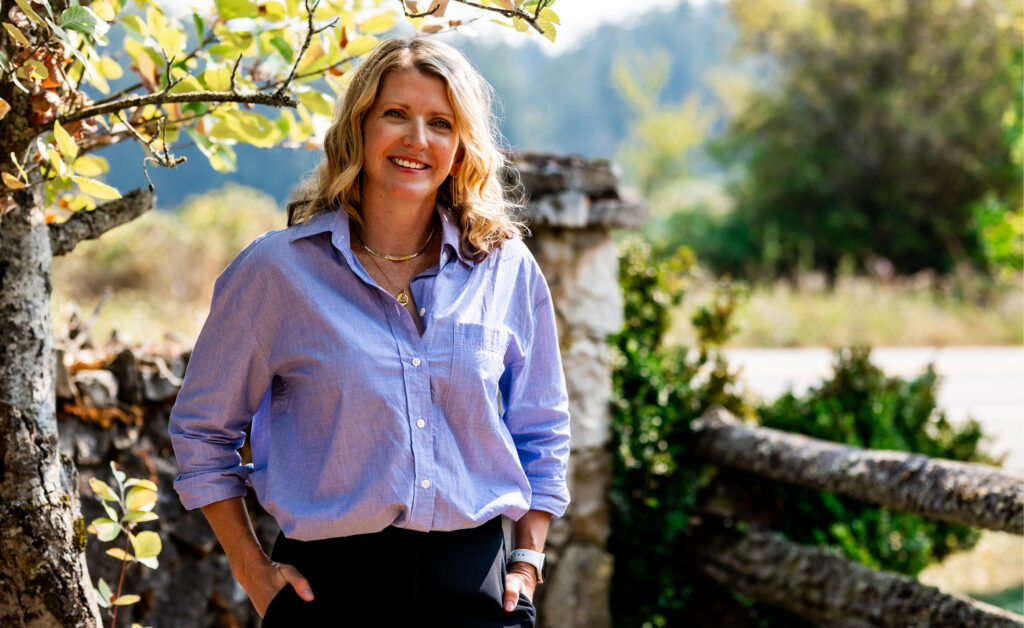by Jo Barnes –
You might think that you’re only taking care of mom or dad, but it goes far beyond that. You have to be nurse, counsellor, legal advocate, and you might find yourself overwhelmed with the realization that there’s so much more to know that doesn’t come with just being a good son or daughter.
“We find the biggest challenge is caregivers take a long time to ‘self-identify,’ meaning they don’t think of what they are doing as care-giving but as just part of their relationship with their care recipient,” shares Janet McLean, Education and Engagement Lead, Family Caregivers of BC.
With improvements in nutrition and education and medical advancements, life expectancy is much higher now. People stay healthier and active longer. Says Janet: “The trend in health care is to support people to stay healthy and age in place in the community. All of this signals a need for caregivers to be supported in order to meet the demands that will be placed on them.”
Those who care for others face challenges for which they may or may not have knowledge or experience like legal representation, understanding dementia or navigating the health care system. Mom needs home care or dad’s health is deteriorating so he needs more help. On top of it all, you have family and work demands. It’s like the walls are pressing in; it’s overwhelming. “The recent report released by BC’s Seniors Advocate on August 31 indicates that caregiver distress is growing and needs to be addressed,” shares Janet.
But a caregiver doesn’t need to go it alone. Family Caregivers of BC provides resources, advice, guidance and most importantly support. A Caregiver Support Line is available weekdays from 8:30 a.m. to 4 p.m. as well as one-to-one telephone caregiver coaching for complex care-giving situations. The first step is to work with the Health Authority. Caregivers can go to Home Health Care and book an assessment. A nurse will visit and assess what the needs are and what kind of nursing support is needed,” shares Lycia Rodrigues, Caregiver Support and Engagement Lead. Assessment involves looking at needs such as transportation, house cleaning, and meals. Family Caregivers of BC provides detailed information about what is available in the community in terms of home support. An online resource library, quarterly newsletters, regular webinars and educational events all provide valuable information.
As well as one-on-one coaching, there are caregiver support groups available to meet the emotional needs of caregivers.
“We provide information on available groups they can join, where and when they meet, and this provides peer support,” shares Lycia.
A support group offers a place for a caregiver to join with others of similar situations, voice their concerns, share their story and just get a break from the demands of care-giving. “There are such positive outcomes,” says Lycia, adding: “One woman found friends she didn’t have before. She met people with the same experience she was facing.”
It’s critical that caregivers care for themselves by lessening their load. Family Caregivers of BC will provide information about local community resources and support for caregivers so they can connect with a friend or catch up on rest. Caring for your loved ones starts with caring for yourself. Reach out for help; there is someone there to take your hand.




